18 March 2025
Let’s face it: video game launches are a gamble. No matter how much hype surrounds a game, there are countless examples of titles that hit the shelves and either crash and burn or land with a whimper instead of a roar. Whether it’s due to bugs, lackluster content, or just unmet expectations, bad game launches happen. The gaming community can be... well, brutal. Players don’t pull punches when it comes to voicing their disappointment.
But here’s the thing—developers have a secret weapon up their sleeve: Downloadable Content (DLC). DLC has the potential to turn a dumpster fire of a game launch into a redemption arc worthy of applause. It’s like the ultimate patch, but instead of just fixing bugs, it can reshape the narrative of the entire game.
So, how exactly does DLC save broken games from a one-way ticket to irrelevance? Let’s dive in.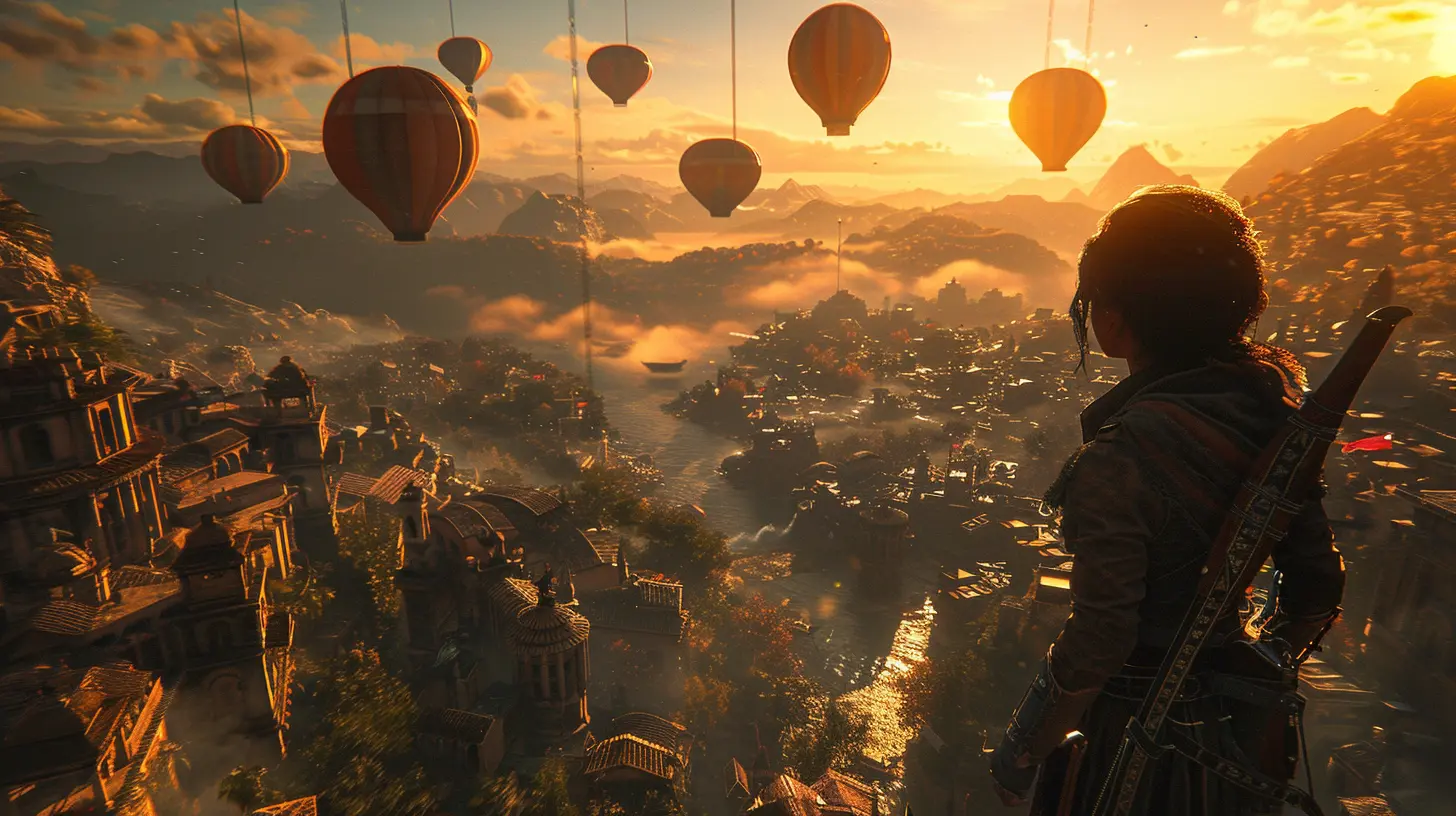
What Is Downloadable Content and Why Does It Matter?
In case you’ve been living under a rock (or you’re just not that into gaming), DLC refers to additional content developers release for a game after its launch. This can range from cosmetic items and map packs to entirely new storylines and features. It’s a way to expand or improve a base game after it’s already out in the wild.DLC matters because it’s the band-aid—or maybe the lifeboat—that developers need when something inevitably goes wrong. And let’s be honest: in an industry where deadlines often feel like they’re set by masochists, things do go wrong. Whether a game’s launch was rushed due to pressure from publishers or the developers just didn’t deliver on promises, DLC can help pick up the slack.
Now, before you roll your eyes and mutter something about “lazy developers,” consider this: DLC is the modern equivalent of a director’s cut for movies. It gives creators a second shot at perfecting, expanding, or correcting their vision when the first go-round didn’t quite stick the landing. Pretty neat, huh?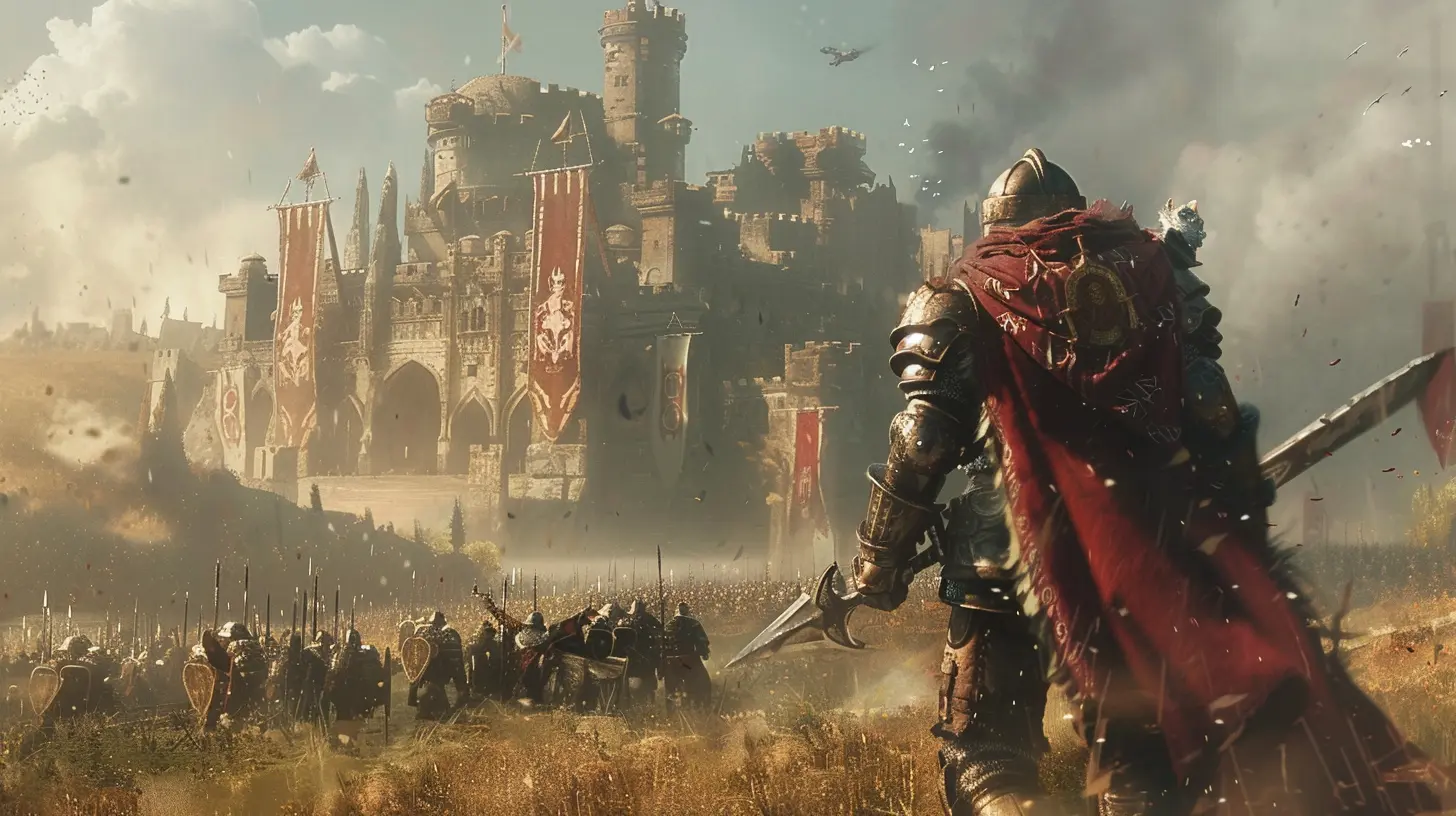
Why Do Game Launches Break Bad?
Okay, let’s address the oversized elephant in the gaming room: why are so many game launches flawed in the first place? The answer isn’t black and white, but there are a few common culprits:- Crunch Culture: Development teams are often pushed to their limits with unrealistic deadlines. This leads to burnout and cut corners. A rushed game is rarely a polished game.
- Overpromise and Underdeliver: You know that friend who hypes up everything they do but rarely delivers? That’s some games in a nutshell. Over-ambitious marketing campaigns can set expectations sky-high, and when the final product doesn’t match the trailers? Ouch.
- Technical Issues: Bugs, glitches, servers on fire... you name it. No one wants to pay $70 for a game that feels like an unplayable beta.
- Lack of Content: Sometimes, the core game is just plain shallow. Players expect value for their money, and when a game feels half-baked, they’re quick to notice.
So, when things go sideways, how does DLC swoop in to save the day?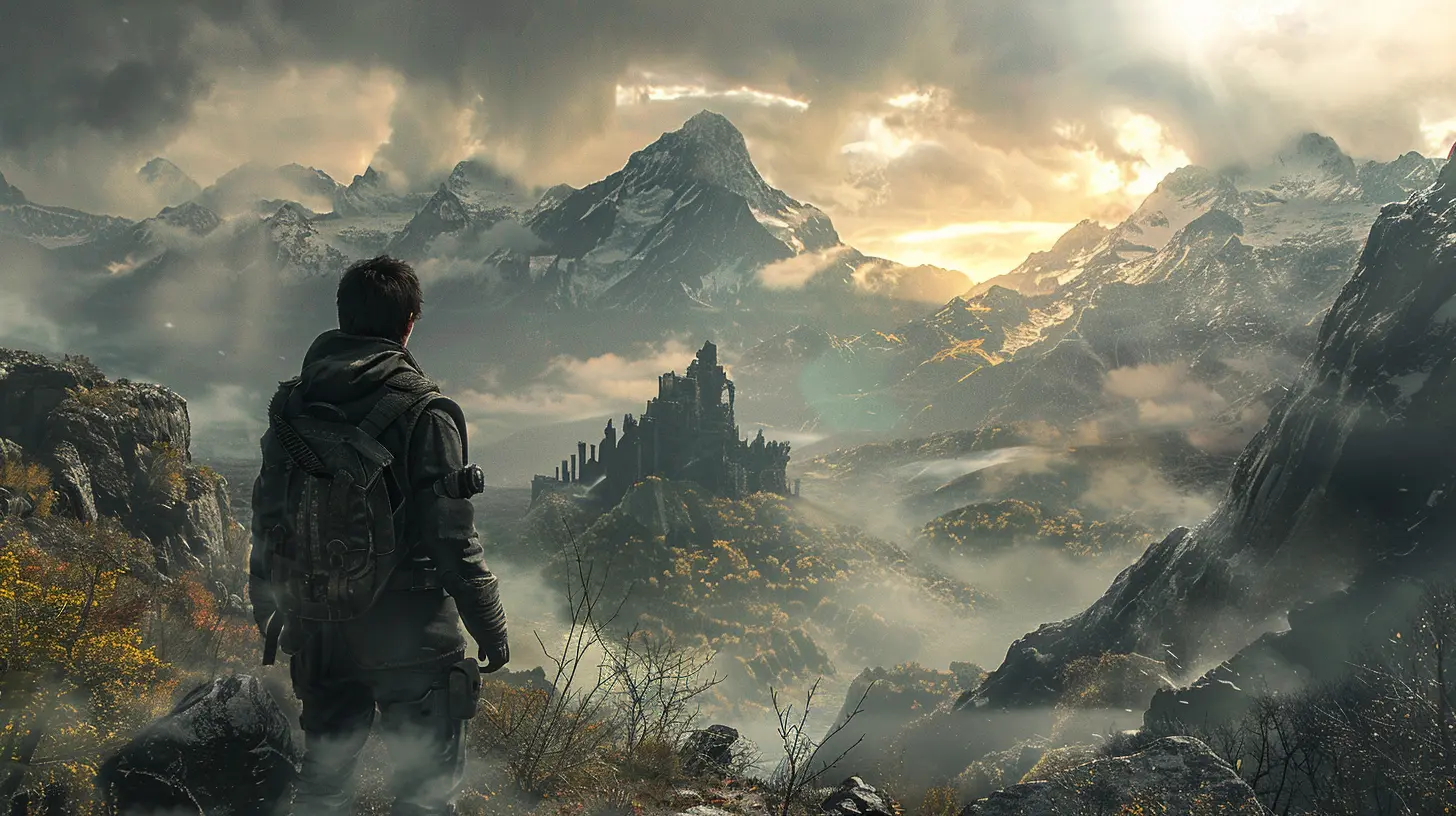
The Redemption Arc: How DLC Fixes Flawed Launches
1. Adding Missing Content
There’s nothing worse than shelling out full price for a game, only to feel like it’s barely worth half of that. DLC can fill in those gaps. Take No Man’s Sky for example. Its launch in 2016 was… disastrous. Players felt lied to, as the game lacked many promised features. Fast forward a few years and several DLC updates later, and it’s considered one of gaming’s greatest redemption stories.DLC in cases like this doesn’t just add content—it restores trust. It’s like getting an upgrade to first class after being squished in coach for hours.
2. Fixing Gameplay Issues
Sometimes, a game’s core mechanics are flawed. Maybe the combat feels clunky, the progression system is unbalanced, or the controls make you want to throw your controller at the wall. DLC can come to the rescue with patches and overhauls.Remember Destiny? Its initial release left players underwhelmed due to a lack of endgame content and an uninteresting story. But DLC expansions like The Taken King reworked the narrative, added meaningful content, and gave the game a much-needed second wind.
Good DLC doesn’t just fix what’s broken—it elevates the game into something that players can finally enjoy.
3. Expanding the Experience
What if a game wasn’t necessarily “bad” but just lacked depth? DLC can step in to expand the world, add compelling storylines, or introduce new gameplay mechanics. Think of it as adding new chapters to a book you couldn’t put down.Take The Witcher 3: Wild Hunt, for example. While its launch wasn’t flawed, the DLC packs (Hearts of Stone and Blood and Wine) took an already stellar game and turned it into something legendary. These expansions added hours of content, new characters, and fresh lore. For games that don’t stumble at launch, DLC can be the icing on an already delicious cake.
4. Rebuilding Player Goodwill
Let’s be real: gamers have long memories and even longer Twitter threads when it comes to being screwed over by bad launches. DLC can act as an olive branch, a way for developers to say, “Hey, we messed up, but here’s how we’re making it right.”In some cases, developers even release DLC for free to apologize for bungled launches. Cyberpunk 2077 is a prime example. Post-launch, CD Projekt Red went all-in on fixing the game with patches and free updates, while promising more content down the line. While it might still be a work in progress, the goodwill generated by these efforts is undeniable.
When DLC Doesn’t Work
Now, before we start singing the praises of DLC like it’s the second coming of gaming, let’s not ignore the downsides. Not all DLC is created equal, and there are plenty of examples where it’s done more harm than good.- Nickel-and-Diming Players: Nobody likes feeling like they’re being milked for cash. When core content is stripped from the base game only to be sold as DLC (cough EA cough), it’s a huge turnoff for players.
- Too Little, Too Late: If a game is too broken at launch, no amount of DLC can save it. First impressions matter, and if the base game is beyond redemption, most players won’t stick around long enough for DLC to make a difference.
But when done right? DLC can be a game-changer—literally.
The Future of DLC in Gaming
The gaming industry is evolving, and so is the role of DLC. With the rise of live-service games, developers are leaning more on continual updates and expansions to keep players engaged for years instead of days. While this can lead to some growing pains (hello, Anthem), it’s clear that DLC is here to stay.And honestly? That’s not a bad thing. When used as a tool to genuinely improve a game, DLC is a win-win for developers and players alike. It’s proof that even if you stumble out of the gate, the race isn’t over yet.
Final Thoughts
Downloadable Content might not be the silver bullet for every flawed game launch, but it’s definitely one of the most powerful tools developers have to turn things around. It’s like a mulligan in golf or a second try in a video game—you might have messed up once, but that doesn’t mean you can’t make an epic comeback.So the next time a game launches with more glitches than gameplay, don’t write it off just yet. DLC could be lurking around the corner, ready to swoop in and make things right.

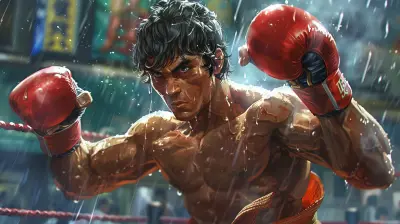


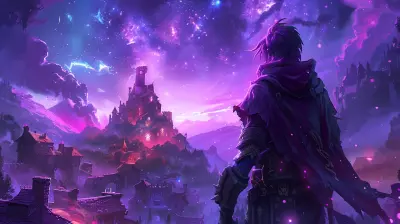
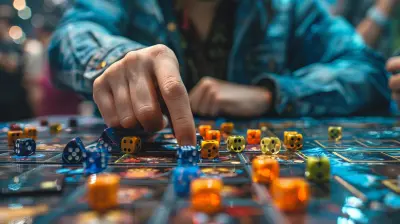
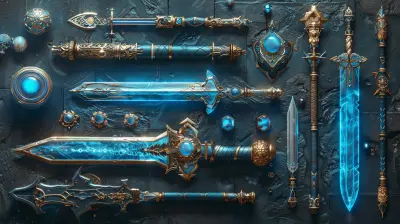

Xavier McGonagle
Transform flaws into triumphs with DLC!
April 1, 2025 at 4:12 AM